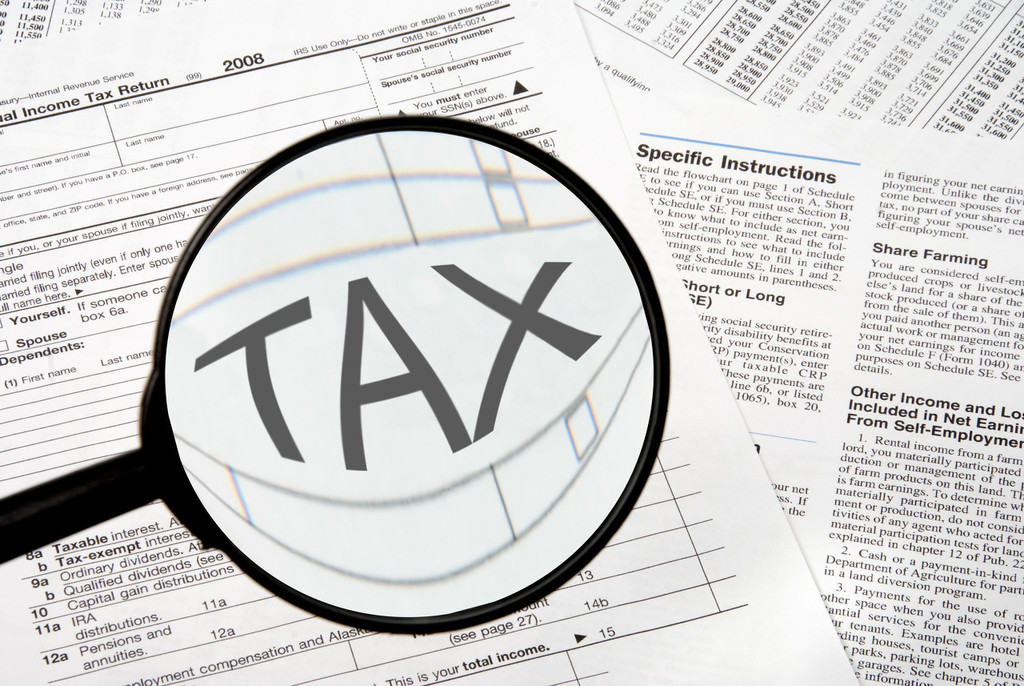Taxing the US rich gains more support


NEW YORK - Long out of favor in the United States, the idea of taxing rich individuals and corporations to pay for healthcare or combat inequality is gaining ground among Democratic politicians.
While the US reveres free enterprise and is home to the world's largest number of billionaires, such tax proposals have been gaining traction in political circles in recent weeks.
More than one Democratic contender in next year's presidential elections is campaigning on some plan to tax the wealthy.
And they have been encouraged by famous billionaires, such as Bill Gates and Warren Buffett, the world's second and third wealthiest people, who worry about the country's severe wealth inequality.
Vermont's left-leaning Senator Bernie Sanders was among the first in the recent wave. During his 2016 presidential campaign, he called for higher federal income taxes to pay for free college tuition and universal healthcare.
Massachusetts Senator Elizabeth Warren has proposed a two-percent wealth tax starting at $50 million in earnings. New York Senator Kirsten Gillibrand is calling for a levy on financial transactions, and Sanders says inheritances should be taxed up to 77 percent.
With the Democrats now in control of the House of Representatives, the undisputed media star of the freshman class, New York's Alexandria Ocasio-Cortez, is leading the charge: She has proposed a tax of 70 percent on any income more than $10 million to help pay for a proposed "Green New Deal¡" to de-carbonize the US economy and help prevent catastrophic climate change, while offering universal healthcare and guaranteed employment.
This so-called marginal rate of 70 percent is not unprecedented in the US, but was last at that level 1981. The current top marginal tax rate is 37 percent.
Raising corporate taxes is another Democratic priority, a subject inflamed by the recent controversy over Amazon, which has reported no federal income tax expenses for the past two years. That has stoked debate over highly profitable companies that do not pay into government coffers.
Some Republicans have pushed back, with outspoken and media savvy Ocasio-Cortez drawing the most fire.
Grover Norquist, an anti-tax activist who has long pushed Republican.































